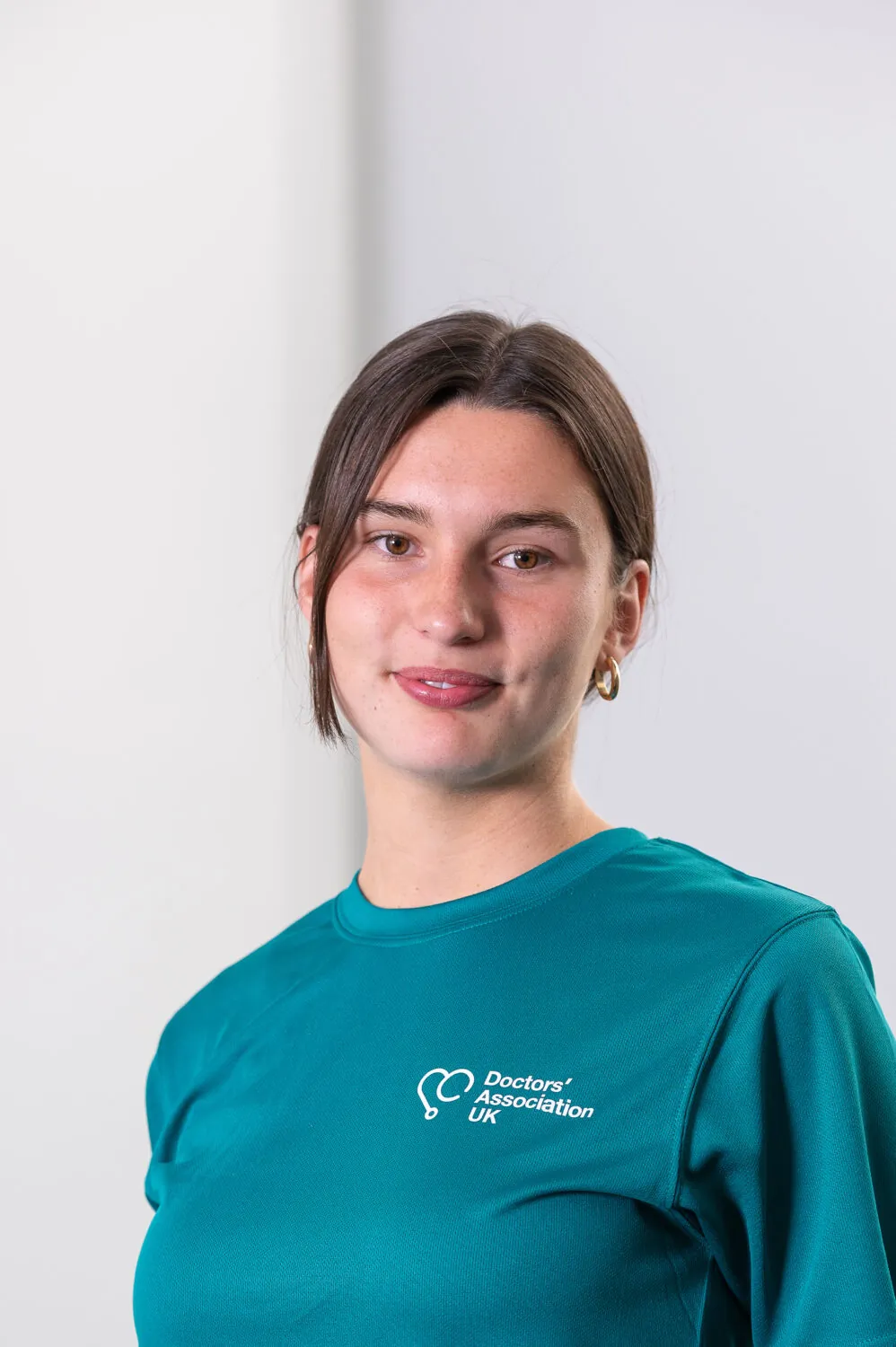The Doctors’ Association UK (DAUK) has set out its vision to end the crisis in general practice and improve outcomes for patients.
The DAUK’s GP committee issued a 10-point plan to relieve the pressure on general practice and GPs, improve access, reduce mortality rates, lower hospital admissions and improve patient satisfaction.
It was set out during an online election briefing – Why Can’t I See My GP? The Great British Paradox – which was attended by prospective parliamentary candidates, as well as members of the media and DAUK members.
Dr Lizzie Toberty, DAUK’s GP lead, said: “We need patients to be able to see a GP who knows them and understands their needs in a timely way wherever possible.
“We’ve set out a 10-point plan that will allow that and restore general practice to being the cornerstone of the NHS.
General election manifesto
“We’re not asking for the earth – our manifesto for primary care is within reach of whoever makes up the next government.
“Our solutions are workable and will have a transformational effect on general practice.
“Follow them and continuity of care and all its benefits of reduced mortality rates, lower hospital admissions, and improved patient satisfaction will be the result.”
DAUK’s 10-point manifesto for primary care:
- Invest £3 per month per head of population to achieve a return to real terms funding last seen in 2015. That’s the equivalent of the price of cup of coffee per month. This does not need to be new money. Reallocate Additional Roles Reimbursement Scheme (ARRS) going to Pharmacy First and acute care hub pilots, which is worth £2 billion.
- Aim for ratios of patient to GP full-time equivalent of 1:1600 patients – and even lower in deprived areas – to reduce pressure ensure all patients have equitable access to GPs.
- Support partnerships with limited liability.
- Develop meaningful careers for new GPs by supporting fellowships, educational funds and innovation.
- Provide long-term benefits to enable GPs to stay rooted in their community.
- Develop email and messaging capacity for practices. Phones are ok, but this way no one needs to wait, and doctors can clearly see who is on the list.
- Relieve pressure on GPs by shortening secondary care waiting lists.
- No more NHS reform or reorganisation. Form a cross-party group to make longer term decisions for our health service and stabilise the NHS.
- Long term plan for estates. We need room for everyone, including any plan to expand places for healthcare students. We appreciate this is expensive but there needs to be long term aspirations
- Improve the IT infrastructure. GPs desperately need computers which don’t freeze and crash.
Dr Sarah Jacques, a GP based in Sussex and member of DAUK’s GP committee, shared her own powerful story as she discussed the immense strain that family doctors are working under.
GPs mental health
She highlighted the violence, abuse, and intimidation that GPs regularly face and the impact of the job on their mental health.
She said that an increase in demand and reduction in workforce, the scapegoating of general practice for wider NHS problems, and long waits for urgent and routine outpatient appointments all contributed to the pressure on GPs.
Dr Jacques said: “Without general practice, The NHS won’t survive. We see a vast number of the patients that use the NHS, and we deal with most of what people need from the health service.
“If we’re not there, secondary care services will just be completely overwhelmed.”
Dr Steve Taylor, a GP in Manchester and member of DAUK’s GP committee, told the briefing that GPs have 1.3m daily patient contacts, the largest of any part of the NHS, including hospital outpatient appointments (250,000), and A&E contacts (67,000), and yet it receives just 5.6 per cent of the NHS budget.
GP workload
He said: “And as the workload for GP practices has increased by 20 per cent, so funding has decreased by 20 per cent per patient.
“On average one GP has 2,295 patients when the widely recognised safe limit is one GP per 1,800 people. So in England, we’re 7,000 GPs short of safe levels, which adds even more pressure.
DAUK’s vice chair Ellen Welch, a GP in the North West of England, spoke about the solutions including financial investment into general practice, investment in the workforce, and continuity of care.
Cross-party NHS
She added: “Solution number we could achieve fairly quickly with significant results is to create a cross-party NHS.
“We don’t need more reforms. We need stabilisation of the NHS.
“Remove the NHS from short-term decision making based on party politics, and form a cross-party group to make longer term decisions for the provision of
health and social care.”
The briefing is available to watch again by clicking here.




